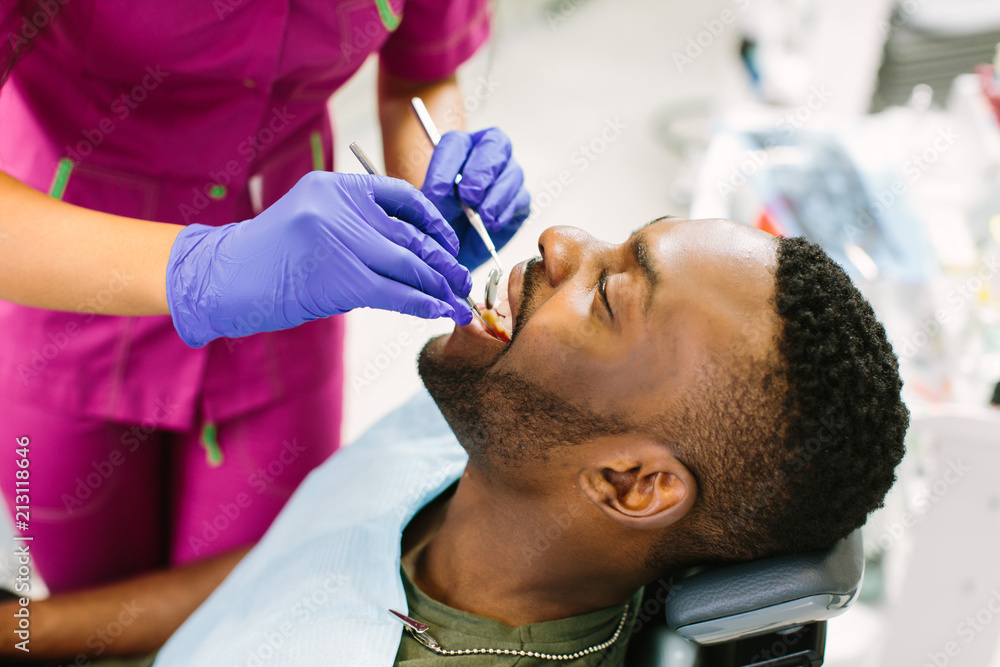The Secret to a Perfect Smile: Exploring Veneers in Washington DC
The Secret to a Perfect Smile: Exploring Veneers in Washington DC
Blog Article
Common Questions Regarding Dental Veneers Answered
Dental veneers have become a significantly desired alternative for those aiming to improve their smiles, yet numerous individuals stay uncertain about numerous facets of their use. Key concerns usually develop regarding the application process, long life, and potential threats connected with these aesthetic enhancements. The difference in between porcelain and composite veneers can significantly affect one's choice. As we check out these common inquiries, it becomes important to consider not just the benefits however likewise the implications of choosing dental veneers in quest of a more certain look. What variables should one evaluate before making such a choice?
What Are Oral Veneers?
Dental veneers are thin, personalized coverings crafted from porcelain or composite resin that are made to cover the front surface of teeth. These oral prosthetics serve both aesthetic and functional objectives, providing a service for various oral flaws, including staining, chips, gaps, and imbalance. By adhering to the teeth, veneers can dramatically enhance the total appearance of a smile, creating a much more attractive and consistent look.
Porcelain veneers are especially favored for their all-natural translucency and tarnish resistance, making them an optimal choice for individuals looking for long-lasting results. In comparison, composite resin veneers are generally less costly and can be applied in a solitary go to, but they might not offer the very same resilience as porcelain options.
The choice to choose oral veneers commonly stems from a wish for visual improvement, but individuals need to likewise consider factors such as the durability of the product, upkeep demands, and the possible need for tooth reduction (Low Cost Veneers). Inevitably, dental veneers represent a versatile and reliable solution for accomplishing a radiant smile, providing to specific aesthetic needs while advertising self-confidence and self-esteem
Exactly How Are Veneers Applied?
The application process for veneers calls for careful planning and precision to ensure optimum outcomes. The treatment normally begins with an extensive appointment, where the dental professional reviews the individual's dental health and wellness, goes over preferred end results, and establishes the ideal kind of veneers, whether porcelain or composite resin.
Once the therapy strategy is established, the dentist prepares the teeth by removing a slim layer of enamel, generally about 0.5 mm to 1 mm, to fit the veneer. This step is important as it guarantees a correct fit and avoids the veneers from appearing cumbersome - Dental Veneers. After prep work, impacts of the teeth are taken to create custom-made veneers that match the patient's special dental framework and visual preferences
While the irreversible veneers are being fabricated in an oral laboratory, momentary veneers might be put to shield the ready teeth. As soon as the permanent veneers are prepared, the dentist will thoroughly bond them to the teeth using a solid oral adhesive.
What Are the Advantages?

Additionally, veneers are understood for their durability and resistance to staining compared to natural teeth. Made from top notch products such as porcelain or composite material, they can keep their appearance for many years with appropriate care. This durability makes them a practical financial investment in one's oral appearance.
Along with visual enhancements, veneers can likewise contribute to improved dental wellness. By covering damaged or weakened teeth, they can give added support and security, assisting to avoid further decay or damage. This protective facet can minimize the requirement for a lot more extensive oral treatments in the future.

Just How Lengthy Do They Last?
With appropriate care and maintenance, dental veneers can last anywhere from 10 to 15 years, making them a durable solution for improving one's smile. The durability of veneers largely depends on the product used, the top quality of the initial placement, and the client's adherence to oral health practices.
Porcelain veneers here are understood for their resilience and resistance to staining, commonly lasting closer to the 15-year mark when taken care of suitably. Composite veneers, while more cost effective, may need substitute sooner, usually within 5 to one decade due to their vulnerability to put on and discoloration.

In addition, putting on a mouthguard throughout sporting activities or nighttime can provide additional protection. Eventually, while veneers use a substantial visual improvement, their long life is dramatically influenced by the commitment to appropriate dental care and regular consultations with next an oral specialist.
Exist Any Kind Of Dangers?
Thinking about the transformative effects of dental veneers, it is very important to acknowledge the potential risks connected with their application. While veneers can enhance the appearance of teeth, the procedure involves the elimination of a slim layer of enamel, which can enhance tooth sensitivity and susceptability to decay.
One significant threat is the opportunity of incorrect placement or fitting, causing discomfort, bite imbalance, and even damage to the underlying tooth structure. Additionally, if the veneers are not preserved correctly, they can become blemished or broken in time, necessitating substitute.
Clients may likewise experience allergies to the materials used in the veneers, especially if they have sensitivities to particular dental compounds. While veneers are long lasting, they are not undestroyable; too much force from grinding or squeezing can lead to cracks.
It is essential for individuals to consult with a qualified oral professional to evaluate their individual dangers and to adhere to aftercare instructions carefully. By understanding these dangers, individuals can make educated choices concerning their dental veneer treatment and make certain the long life and success of their improvements.
Conclusion
In recap, oral veneers represent a beneficial cosmetic solution for enhancing smiles, with factors to consider concerning their application, benefits, durability, and linked threats. Inevitably, notified decision-making pertaining to oral veneers can lead to sufficient aesthetic outcomes and enhanced oral health and wellness.
Oral veneers are slim, customized coverings crafted from porcelain or have a peek at this site composite material that are made to cover the front surface of teeth. After prep work, impacts of the teeth are taken to produce personalized veneers that match the patient's special dental framework and visual preferences.
While the irreversible veneers are being produced in an oral research laboratory, momentary veneers may be positioned to secure the prepared teeth. As soon as the permanent veneers are ready, the dental professional will carefully bond them to the teeth making use of a strong oral adhesive. Eventually, educated decision-making regarding oral veneers can lead to acceptable visual results and boosted dental health.
Report this page